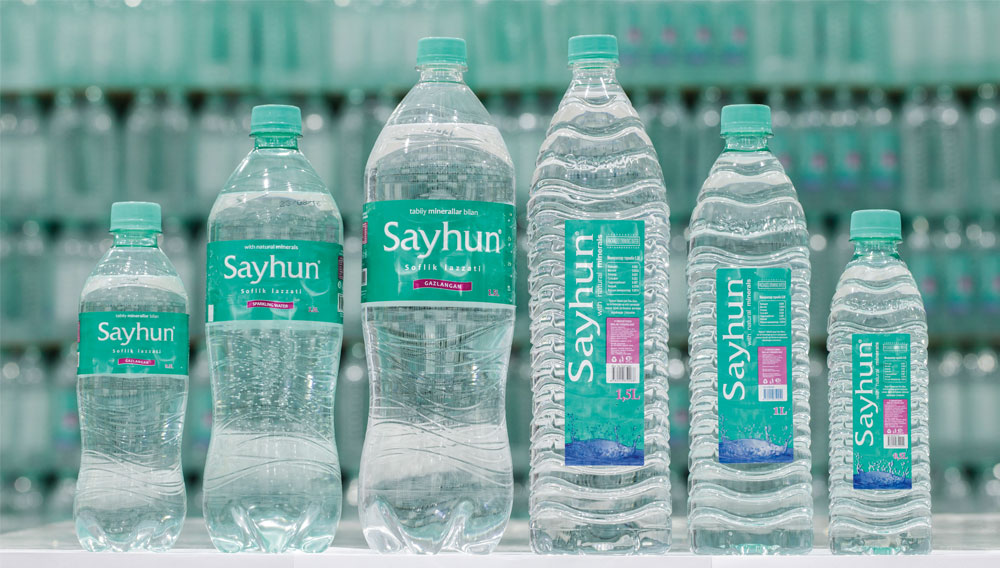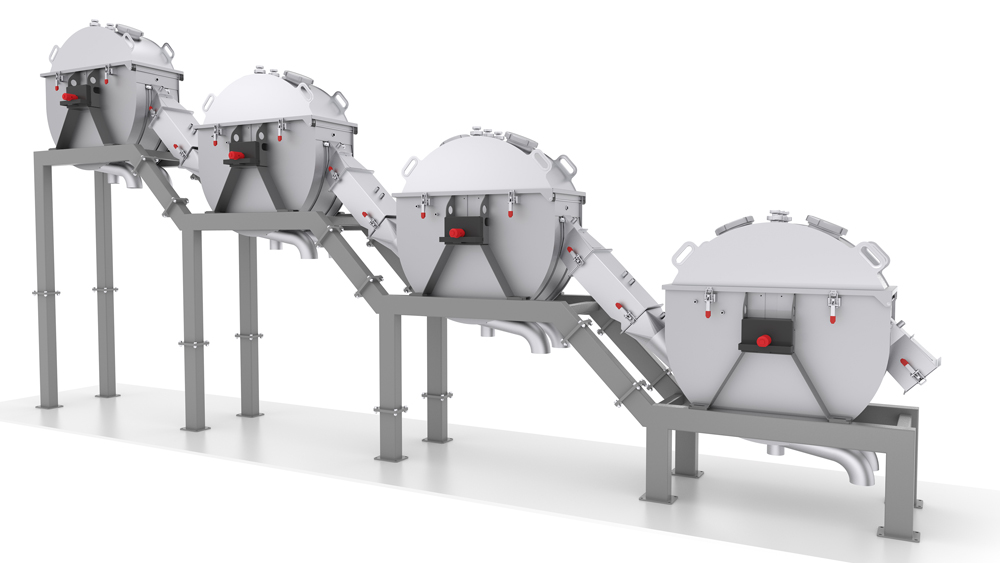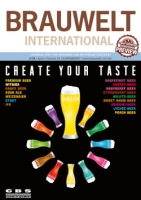With the Innoket Roland 40 the filling and packaging systems manufacturer has launched a compact labeler to market. The Innoket Neo’s little brother has a capacity of 2,500 to 25,000 containers per hour and is thus specifically tailored to the requirements of the food industry. The Innoket Roland 40 can be fitted with various labeling stations and is characterized by its ease of use and the accustomed high quality offered by the company.
After the fusion of Bucher Filtrox Systems AG and Bucher Unipektin AG at the beginning of 2017, a new department – Competence Center Filtration – was founded.
Starting January 1, 2018 Thiele Thechnologies, Minneapolis/USA presents two new divisions.
It’s no secret that the per capita consumption of beer has been declining for years and that breweries have to come up with new ideas to stay competitive. The family brewery Ketterer in Hornberg, Germany invests a lot in order to be able to brew their beers with the highest possible quality and efficiency. The most recent project had to do with level measurement in the various tanks of the brewery.
For over 60 years, beer has been filled into cylindrical beer barrels – kegs – and is dispensed in the catering industry, at events and other occasions. As kegs are designed for frequent re-use and longevity, only specific forms of damage can render a keg completely useless. In almost all instances, damage can be repaired, maintaining product quality, customer satisfaction and filling line efficiency at a high level.
Belonging to the latest generation of isobaric electronic fillers, a monobloc supplied to Morocco can process up to 24,000 cans/hour in the most popular formats. The Sacmi ECF, a filling solution for both carbonated and still canned drinks, is the ‘star’ of a key order for that country.
Two complete filling lines supplied to the area distributor of Sacmi’s water bottling systems, the Memco Group (Middle East Factory for Machine Company, an important firm on Saudi Arabia’s water and juices market). The heart of this order consists of the Sacmi stretch-blow moulders designed for the manufacture of small and medium formats.
The trend to offer plastic non-returnable bottles for beverages continues unabated. This tendency is currently reinforced by conversion from returnable to non-returnable containers. Saving on material may lead to instability of load units. What is the impact of various stretch-wrapping methods on stability? Using different wrapping modes and a static “stress test”, the behaviour of load units is being investigated at VLB Berlin.
Carbon dioxide is a greenhouse gas, and although significant amounts are liberated during fermentation, at the same time, many breweries purchase large amounts of CO2 for use in their own production processes. The research project “Capturing and Storage of Carbon Dioxide (CaSCaDe)” at the University of Bayreuth is investigating how and to what extent greenhouse gas emissions can be reduced with an adsorptive method for carbon dioxide recovery. In addition, the quality of the recovered carbon dioxide is evaluated. The goal of this project is to make a viable contribution to climate protection while reducing costs and enabling companies to secure their own supply of carbon dioxide [4].
The brewing industry uses separation processes for separating out suspended particles from liquid intermediate products in the brewing process (microfiltration) or ions in water treatment (reverse osmosis). Ultrafiltration is a separation process that covers the range from 5 to 500 kD and thus does not separate out particles but molecules in the size range down to 0.001 µm. This contribution presents research that focuses on enrichment of certain components resulting from ultrafiltration in order to improve quality parameters of beer. Foam-positive particles in particular could be successfully returned to the process.
With Nessie Ziemann Holvrieka is introducing an innovative system, which is revolutionizing the conventional brewhouse processes. The novel mash filtration process sustainably changes the lautering process due to shorter process times, increased raw material yields and reduced production costs.
Current issue
Most Read
BRAUWELT on tour
Current issue
Most Read
BRAUWELT on tour
-
Hopsteiner
Optimization of kettle hopping prior to dealcoholization
-
Hopsteiner
Excellent digital Service: the Hopsteiner Customer Portal
-
Hopsteiner
Variations in hop aroma depending on crop year
-
Hopsteiner
Playing with tradition: Hopsteiner Hopoils - Type Hoptanical
-
Hopsteiner
Crop and market update & hop crop 2023 estimate



